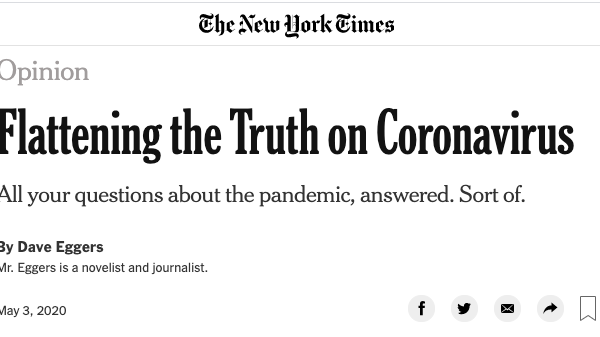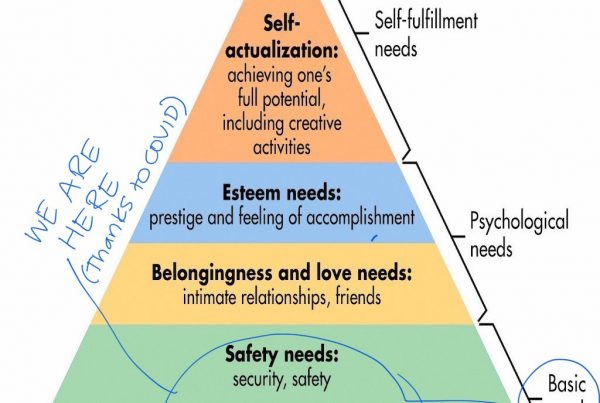I hit puberty (for girls, it’s a pretty straightforward moment) when I was 12. It was, to say the least, baffling, primarily because I was a tomboy. Sure, I had long hair, but that just about covered my efforts at femininity. I was always dirty, always playing sports, always just on the appropriate side of school-yard cruel. My budding sexuality and breasts were entirely confusing to this persona. Not unwelcome, just confusing. You can imagine the back-and-forth in my own head. “Boobs means bras, ugh.” “Boobs mean boys look at me differently, double ugh.” Bleeding was a weird violation of its own, as it came with learning how to use tampons and discovering my own anatomy in a much more intimate way. But tampons meant not needing to worry when I was running around in loose shorts, so I got comfortable with those real quick.
The other thing about puberty is that it’s permanent. Childhood over. Permanently.
A few weeks ago, I was back in Chicago for some storytelling work with 2nd Story, so I stuffed all of my visits with doctors into those three days. Among those was my oncologist. Who wasn’t available, so among those was my oncologist’s nurse practitioner, a woman who is as kind and smart as her boss. Blood work, check. Complement the woman sitting next to me in the waiting room on her lovely wig, check. Have ensuing hilarious conversation over colors and cuts and what does it all mean with that same woman, check.
Then I sat in my little exam room and looked at the NP, who told me, I’m delighted to report, the same thing that she or her boss have been telling me for four years: blood work looks great, see you in six months for another check-in. Except this time, I looked at her and said, “So I just moved to the east coast — and I’d rather not get a new oncologist because, honestly, this seems more rote than necessary. Can I just come see you, say, once a year? Or, perhaps, just have you order my bloodwork and I do it in New York and if there’s anything wrong than you call me and we go from there?”
She looked at my chart, looked at me, and said, “you’ve been entirely cancer-free since January 2013, right?”
“Yes.”
“That’s more than five years.”
“Yes.”
“Well, to be honest, you don’t need to be coming here at all. I can give you the list of bloodwork that we do with you and tell you what we look for, and you can run it with your primary care doctor there. Once a year is probably fine.”
I turned that all over in my head for a minute. Practically, it sounded totally straight-forward, so we talked through the details, and I left. For the first time ever, I didn’t make a follow-up appointment on my way out.
And then I spent the ensuing three weeks feeling incredibly strange. I thought I would feel elated — I graduated from my oncologist! — or relieved — I graduated from my oncologist! — but I felt baffled.
Then, during an appointment with one of the people in my life who help me figure out how to listen to my inner wisdom, I realized that the most parallel feeling to what I was going through was that same bafflement that came with puberty. The bafflement of life immediately changing, permanently, and being entirely unsure how I felt about it. Not positive or negative, just unsure.
With that stroke of wisdom, everything else came to the surface.
I’m no longer a cancer patient. I’ve survived so long that I don’t even have an oncologist anymore. What does that make me? I’m still Lydia, but as much as I wish I’ve evolved past labels, it’s still nice to have a way to describe myself. And one of those ways for the last six years has been somehow related to cancer. Obviously that will always be a part of me, so I’m not discarding it, but somehow being declared all good made it less a part of me. Which is amazing, don’t get me wrong, but definitely comes with the confusion of permanent identity shift.
And I have to laugh. I feel like I sometimes get all twisted up about my identity — “but how will I KNOW who I am or what I’m all about?!” — and it seems that, at least for me, identity shifts build slowly and then crest immediately. With a spot of blood in my underwear. (Nevermind the build-up of other clues). With a doctor saying “you have lymphoma.” (Nevermind the build-up of clues. Hmmm, I sense a theme.) With a dean handing me a degree. (Despite the years of study.) With a nurse practitioner saying goodbye. Saying yes to my husband while wearing white. Each of these moments (and dozens more) I can see like a slideshow through my head. And each, though exciting or sad or all of the other emotions, also included a small part of bafflement as my mind and spirit learn to wrap themselves around this new version of me.
Today, I’m wrapping my brain around the new definitely post-cancer version of me (she says while crossing her fingers and knocking on wood). I beg for your patience (and I beg myself for my patience) while I get used to this.
Photo by Jingda Chen on Unsplash


